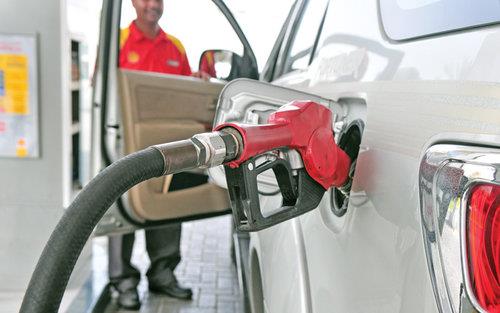Oman subsidy spending to fall 64%, says World Bank
(
MENAFN- Muscat Daily) Muscat-
Oman's subsidy bill is expected to fall by 64 per cent this year with the government adopting 'bold steps' to increase revenues from non-oil sources, the World Bank said.
'The Oman government's subsidy spending is expected to fall by 64 per cent in 2016, as local fuel prices are brought in line with global prices,' the World Bank said in a report released last week. The deregulation of fuel prices in the sultanate began in mid-January 2016, with diesel and petrol prices increasing by up to 33 per cent. Fuel prices are revised on a monthly basis. Oman's state budget for 2016 has set a subsidy tab of RO400mn, a big drop from RO1.1bn approved last year. Due to a slump in oil prices, the World Bank estimates, Oman lost as much as US$10bn in revenues in 2015, and it projects a deficit of 16.8 per cent of the country's GDP in 2016.




















Comments
No comment